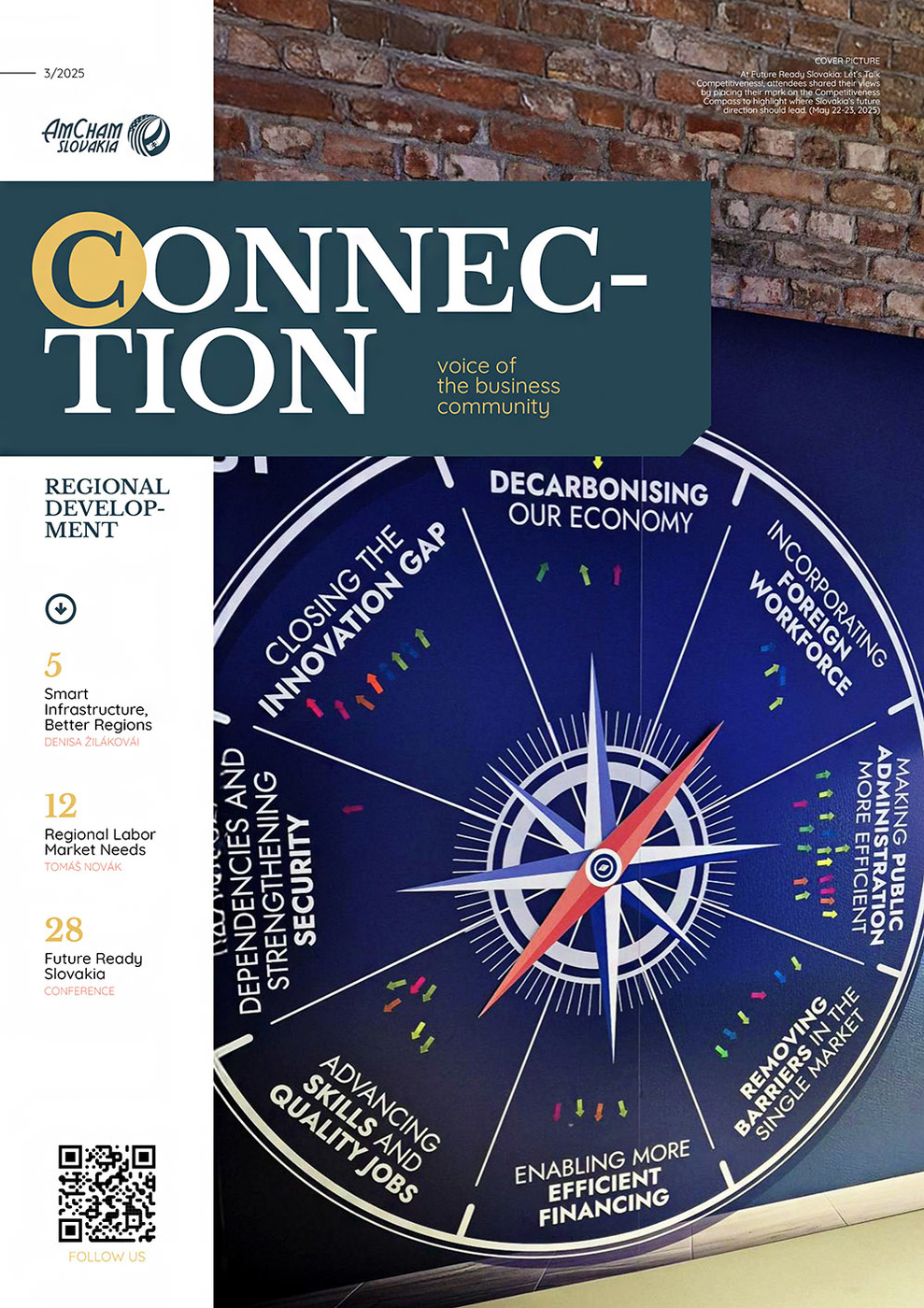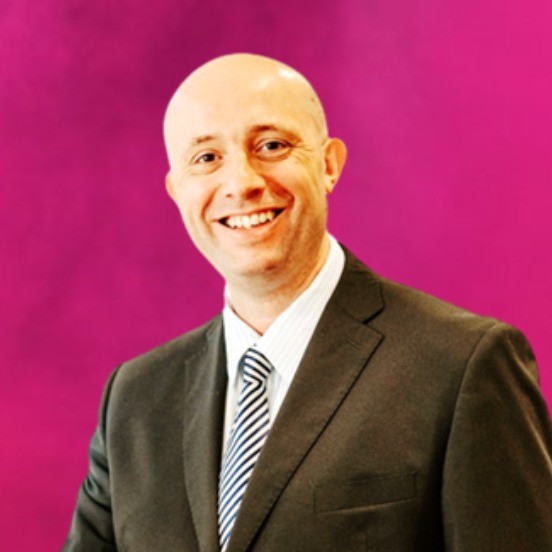Today, this scientific legacy is evolving into a dynamic ecosystem of startups, academic spin-offs, and technology firms—many of which are supported by the Slovak Space Office and European programs, such as ESA PECS. This shift marks the rise of a regional innovation ecosystem, one that sees space technologies as a key pillar of economic growth and sustainable development.
A New Collaborative Model: The East Slovakia Space Cluster
At the heart of this transformation is the East Slovakia Space Cluster (ESSC)—a bold new initiative officially launched in January 2025. The cluster brings together academia, research institutions, government agencies, and private companies with a shared mission: to position Eastern Slovakia as a leading hub for space innovation, education, and industry.
ESSC’s vision is both ambitious and inspiring:
“To build an attractive and innovative space economy in Eastern Slovakia, support the development of world-class research and technologies, inspire future generations, and increase the global competitiveness of its members.”
This unified direction aims to put Košice and the broader eastern region on the map of the European space industry, not just as participants—but as leaders.
 Founding Members and Institutional Backbone
Founding Members and Institutional Backbone
The strength of ESSC lies in its founding members and their complementary expertise:
- Technical University of Košice (TUKE)
- Pavol Jozef Šafárik University in Košice (UPJŠ)
- Institute of Experimental Physics, Slovak Academy of Sciences (SAV)
- Deutsche Telekom IT Solutions Slovakia
- Slovak Space Office (SARIO/SSO)
With its headquarters at UVP TECHNICOM, the cluster serves as a regional platform where education, research, industry, and innovation meet.
What potential does the director of the Slovak Space Office, Michal Brichta, see?
“The East holds exceptional potential for space technologies, rooted in the long-standing experience of researchers, the unique know-how of tech companies, and the top talent of the younger generation. I firmly believe that thanks to the cluster, we will be able to fully harness this potential and support the development of a knowledge-based economy in Slovakia.”
Strengthening Regional and International Ties
Since its launch, ESSC has already played a key role in regional space diplomacy. In February 2025, it co-hosted part of the ESA Miskolc–Košice Space Conference, a landmark cross-border event designed to enhance collaboration between Slovakia and Hungary within ESA programs.
The two-day event brought together over 100 experts from government, industry, and academia, reaffirming Central Europe’s growing importance in the European space ecosystem. Through proposal coaching, student outreach, and project matchmaking, the conference laid the groundwork for new partnerships and regional initiatives that will drive future ESA engagement.
Building Talent Through Hands-On Experience: The CanSat Case Study
Innovation begins with education, and in Eastern Slovakia, space-related learning is taking root in high schools. A shining example is the CanSat competition, supported by the European Space Agency, which held a regional semifinal in March 2025. In this competition, students build functional satellite models the size of a soda can. These devices are launched to an altitude of around 1 km using hybrid gas-powered rockets. Once airborne, they deploy, transmit data, and perform custom-designed scientific missions—all while autonomously navigating their descent.
In this competition, students build functional satellite models the size of a soda can. These devices are launched to an altitude of around 1 km using hybrid gas-powered rockets. Once airborne, they deploy, transmit data, and perform custom-designed scientific missions—all while autonomously navigating their descent.
Beyond engineering, CanSat fosters critical soft skills, including teamwork, project management, and scientific communication. It serves as a gateway to STEM careers, helping to cultivate a regional talent pipeline aligned with the needs of the space and technology industries.
“The CanSat competition offered students a fantastic opportunity to gain hands-on experience, enhance teamwork skills, and boost innovative thinking in space technologies,” said Ľubor Žatko, Managing Director of Deutsche Telekom IT Solutions Slovakia.
Looking Forward
The East Slovakia Space Cluster represents more than just a coordination platform—it is a catalyst for a regional transformation. By championing startups, supporting educational innovation, and building international partnerships, the cluster is helping Eastern Slovakia take its rightful place in the global space economy.
With momentum building and a long-term strategy in place, ESSC is poised to lead the region into a new chapter—one where space is no longer a distant dream but a core part of the local innovation story.
Milan Varga, Lead of Innovlab Startup Center, Deutsche Telekom IT Solutions Slovakia



Follow us